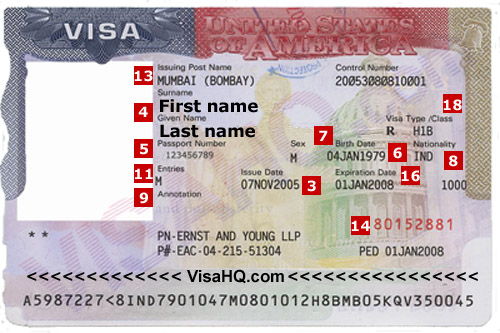United States of America Embassy list in Nepal
Need help?Chat with us
Why Trip Registration at the United States Embassy is Important
Registering your trip with the United States embassy is crucial for ensuring your safety while traveling abroad. This service allows the embassy to provide timely information and assistance in the event of emergencies, such as natural disasters, political unrest, or medical crises. For instance, during an unexpected earthquake or flood, registered travelers can receive immediate alerts and guidance on evacuation routes or shelter options. In cases of political instability, such as protests or civil unrest, the embassy can facilitate safe exits or provide instructions on staying secure. Moreover, if you were to fall ill or experience a medical emergency while abroad, the embassy can help coordinate medical care and connect you with local healthcare providers. Overall, trip registration enhances communication and ensures that travelers have the support they need during unforeseen situations, making your travel experience safer and more enjoyable.
United States Embassy FAQs
Can the United States embassy assist in legal issues abroad?
Yes, the United States embassy can offer guidance on legal issues and connect you with local attorneys; however, they cannot represent you in legal matters or intervene in the legal process.
What should I do if I lose my United States passport in Nepal?
If you lose your passport in Nepal, report the loss to the local authorities and then contact the United States embassy. They can help you with the process of obtaining a replacement passport.
How can I access emergency services while in Nepal?
You can reach out to the United States embassy for guidance on accessing emergency services in Nepal. The embassy can provide contact information for local hospitals and medical assistance.
Are there resources available for travelers about health and safety risks in Nepal?
Yes, the United States embassy provides travel alerts and safety updates, which include essential information on health risks, safety precautions, and other advisory notices for travelers in Nepal.
Services Provided by United States Embassies in Nepal
Passport Services
- Issuance of new passports
- Renewal of passports
- Replacement of lost or stolen passports
Visa Issuance for Foreign Nationals
- Application processing
- Information on visa requirements
Assistance in Legal or Medical Emergencies
- Guidance on local legal resources
- Coordination of medical care
- Referral to local attorneys
Travel Alerts and Safety Updates
- Notifications regarding safety concerns
- Advisories for natural disasters or political situations
Support for Nationals Detained Abroad
- Assistance in contacting family or friends
- Providing information on local legal resources
Summarized Diplomatic Presence
The United States maintains a significant diplomatic presence in Nepal, primarily through its embassy located in Kathmandu. The embassy conducts various essential functions, including the facilitation of diplomatic relations, providing consular services, and promoting bilateral cooperation in areas like trade and education. Additionally, the U.S. has smaller consulates that support these efforts, ensuring that American citizens have access to assistance nationwide. The U.S.-Nepal relationship is critical in fostering peace, stability, and shared values, underscoring the importance of diplomatic missions in promoting international collaboration and mutual understanding.
